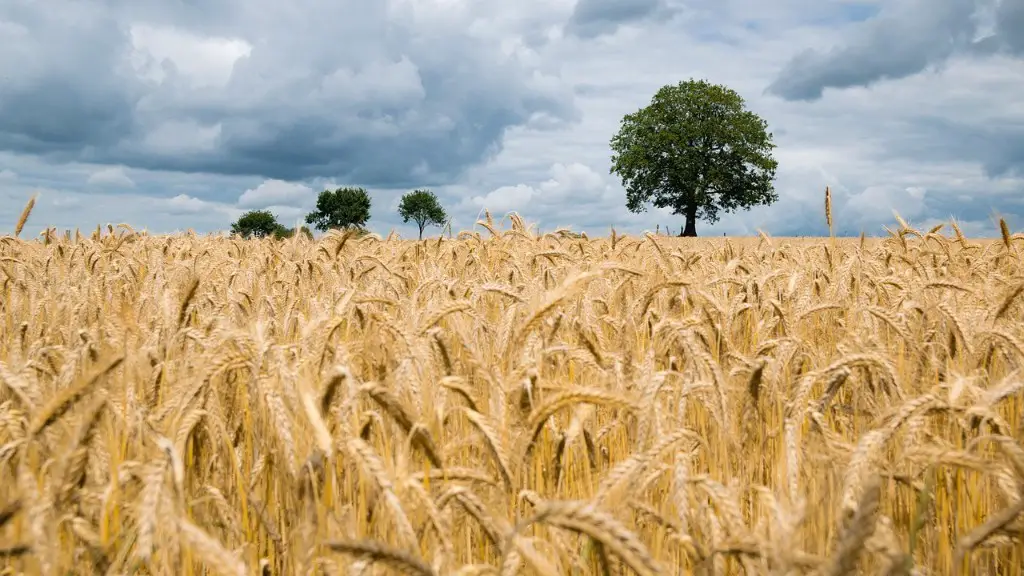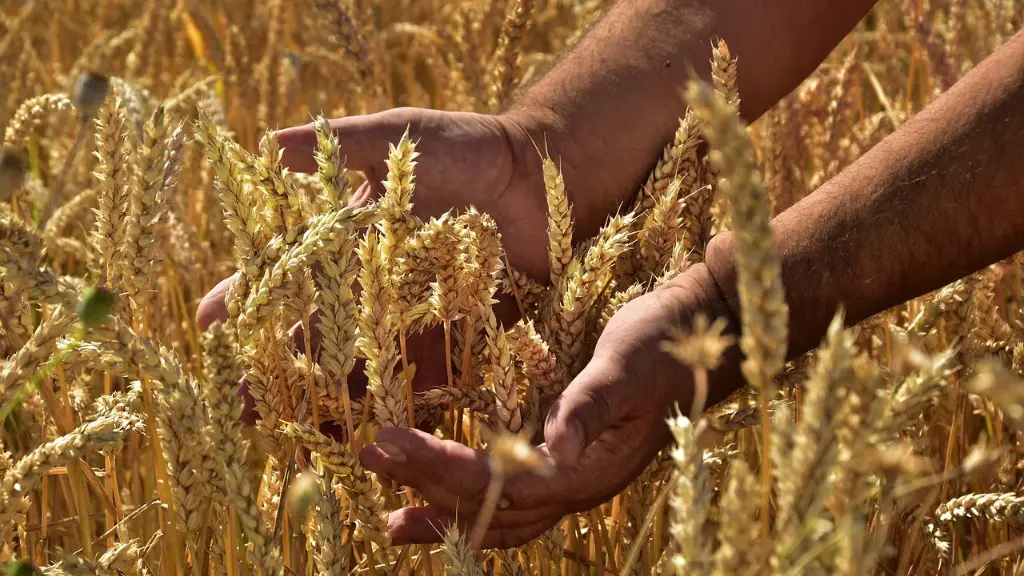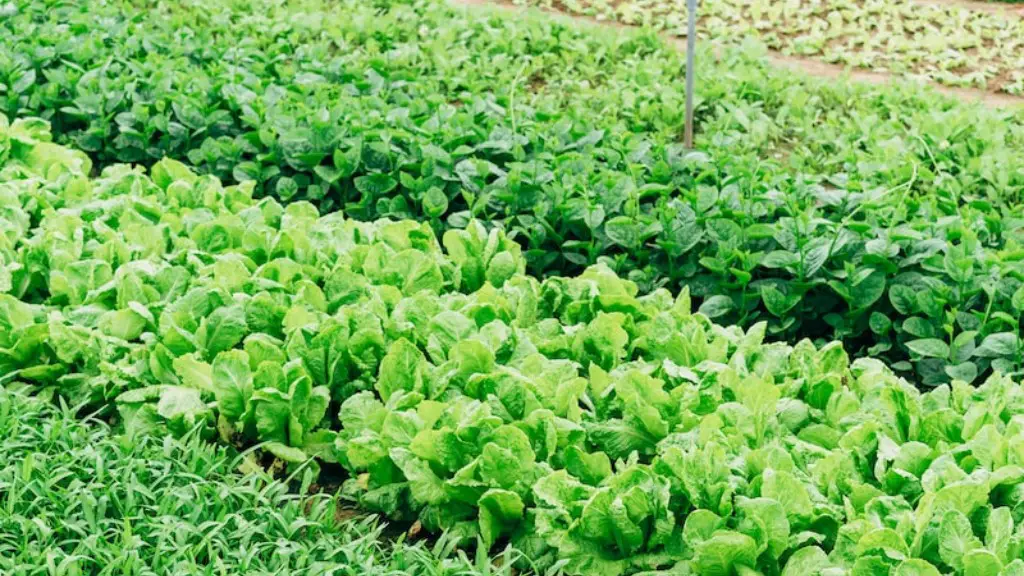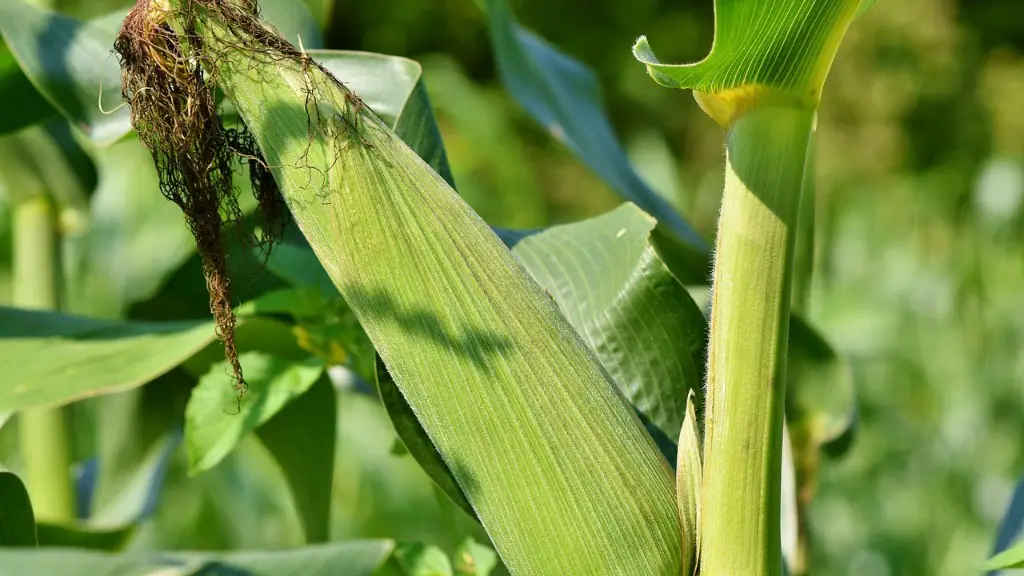Agriculture is a vital sector of Canada’s economy, accounting for over 2% of our GDP. The industry directly employed over 2.3 million Canadians in 2016, representing over 10% of our workforce. Many more Canadians are employed in sectors that support the agriculture industry, such as transportation, manufacturing, and retail.
The agriculture industry also supports a number of important environmental objectives, such as protecting Canada’s soil and water resources. Canadian farmers have adopted a number of innovative practices to reduce the environmental impact of their operations.
Agriculture is also an important part of our country’s food security. Canada is a world leader in agricultural production, and we are able to produce enough food to feed our own population and export surpluses to other countries. The agriculture industry is an important part of our economy and our way of life.
The agriculture industry is a vital part of Canada’s economy and way of life. Agriculture is responsible for providing food, fuel, and other products that we use on a daily basis. The industry employs over 2.3 million people across the country, and is a major source of export revenue. Canada is also a world leader in the production of many agricultural products, such as wheat, canola, and pork.
Why is agriculture so important in Canada?
Agriculture is important to everyone because it is the basis for our food supply. It is also the foundation of many industries and a large part of Canada’s economy. We all need to support farmers and the agricultural industry to ensure a healthy, prosperous future for everyone.
Agriculture is important for a number of reasons. It is the main source of raw materials for many industries, it is important to international trade, it plays a big role in a nation’s revenue, it provides employment, and it is crucial to a country’s development. Additionally, agriculture can help heal the environment, and it often goes hand-in-hand with war.
Why is agriculture very important
Agriculture can help reduce poverty, raise incomes and improve food security for 80% of the world’s poor, who live in rural areas and work mainly in farming. Agricultural development is often the most effective way to reduce poverty and hunger in rural areas, where most of the world’s poor live. Investing in small-scale farmers, women farmers, and indigenous peoples is essential to ending poverty and hunger.
In general, the crop grown with the largest acreage in Canada is wheat, followed by canola. Corn and wheat are widely grown across the country, while soybeans are found mostly in Ontario, Quebec and Manitoba. Canola is grown principally in Western Canada.
Does Canada still rely on agriculture?
The agriculture and agri-food sector is a major contributor to the Canadian economy. The sector employs over 2.3 million Canadians and is a major source of export revenue, totaling over $37 billion in 2018. The sector is also a major contributor to Canada’s GDP, accounting for over $100 billion in 2016.
Agriculture is a great career in Canada! The job sector is high in demand and the salary is very competitive. There are many great opportunities for career growth and development in this field. I would highly recommend pursuing a career in agriculture if you are interested in working in Canada.
What are 5 important of agriculture?
Agriculture is critical for the survival of human beings. It is the primary source of food and other essential items for our daily life. Agriculture is also important for the economy. It provides employment opportunities and contributes to the GDP of a country.
Farming is a great way to get some exercise and fresh air while working with your hands. It can be challenging and stimulating work, providing a source of income in rural areas. Farm work also helps develop younger generations, as they learn how to care for animals and grow crops. And finally, farming can help the environment thrive by increasing the amount of trees and plants.
Why agriculture is important for every country
The agricultural sector is of utmost importance to the country’s economic growth and development. It is a major contributor to the GDP and provides employment to a large section of the population. The sector is also responsible for food security and poverty alleviation, especially at the rural level. The government has taken several measures to support and promote the growth of the agricultural sector, which is essential for the overall development of the country.
There are a variety of crops and livestock that are valuable globally. The most valuable crop is maize, which has a global gross production value of $612 billion USD. The country with the highest gross production value for maize is Mainland China. The most valuable livestock product is chicken, with a global gross production value of $274 billion USD. The United States has the highest gross production value for chicken.
Where is agriculture most common in Canada?
In Manitoba, Saskatchewan and Alberta, the large amount of land available makes it an ideal place to grow hay and field crops. In 2021, these three provinces accounted for 823% of total farm area and 475% of total farms reported in Canada. The climate and soil in these provinces are well suited for growing these crops, and the large amount of land available means there is plenty of space for farmers to grow them.
Canada is a world leader in the production of many natural resources, such as gold, nickel, uranium, diamonds, and lead. In recent years, it has also become a major producer of crude petroleum, which is now one of its most prominent natural resources. Canada has the second-largest reserves of oil in the world, making it a major player in the global oil industry.
What is Canada most known for
Canada is a country located in the northern part of North America. Its ten provinces and three territories extend from the Atlantic to the Pacific and northward into the Arctic Ocean, covering 9.98 million square kilometers (3.85 million square miles), making it the world’s second-largest country by total area. Its southern border with the United States, stretching some 8,891 kilometers (5,525 mi), is the longest bi-national land border in the world. Canada’s capital is Ottawa, and its three largest metropolitan areas are Toronto, Montreal, and Vancouver.
As a whole, Canada is sparsely populated, the majority of its land area being dominated by forest and tundra. Consequently, its population is highly urbanized, with over 80 percent of its inhabitants concentrated in large and medium-sized cities, many near the southern border. Canada’s climate varies widely across its vast area, ranging from arctic weather in the north, to hot summers in the southern regions, with four distinct seasons.
Canada is famous for its natural scenery, with vast expanses of wilderness. The country is also home to a variety of wildlife, including polar bears, grizzly bears, moose, and elk. Canada is also renowned for its
There are a number of issues facing the Canadian agriculture and agri-food sector. These include societal change, global population growth, an ageing farming population, access to limited natural resources, climate change, and economic issues related to grain prices, exchange rate and increasing competition at the international level.
The sector must adapt to these challenges in order to remain prosperous. This may involve changing the way we do things, such as adopting new technologies or production methods. It will also require a concerted effort to engage with the public on these issues, in order to maintain support for the sector.
Is Canada in need of farmers?
If you are looking for a farming job, Canada is an excellent country to consider. The large amount of land and relatively small population make it ideal for farmers and agricultural businesses. There are many opportunities for those with experience and training in this field, so be sure to research the options thoroughly. With a little effort, you should be able to find the perfect opportunity for you.
1. Agriculture is the source of the food supply.
2. It is a major source of clothing.
3. Provision of Raw Materials for Industries.
4. Agriculture Creates Jobs Opportunities/Employment.
5. It contributes to the Gross Domestic Product (GDP).
6. Agriculture Contributes to Foreign Exchange Earnings.
7. It helps in the development of the rural areas.
8. It helps in the fight against hunger and poverty.
9. It promotes economic growth and stability.
10. It is a major source of livelihood for the people of Nigeria.
Conclusion
Agriculture is important to Canada for a number of reasons. Agriculture is a major industry in Canada, and it is one of the country’s biggest employers. Agriculture is also a major contributor to Canada’s economy, and it is one of the country’s top exports.
Agriculture is important to Canada as it is one of the country’s main industries. Agriculture plays a vital role in the Canadian economy, providing jobs for thousands of people and generating billions of dollars in revenue each year. Agriculture also provides a significant portion of the food that Canadians consume on a daily basis.





